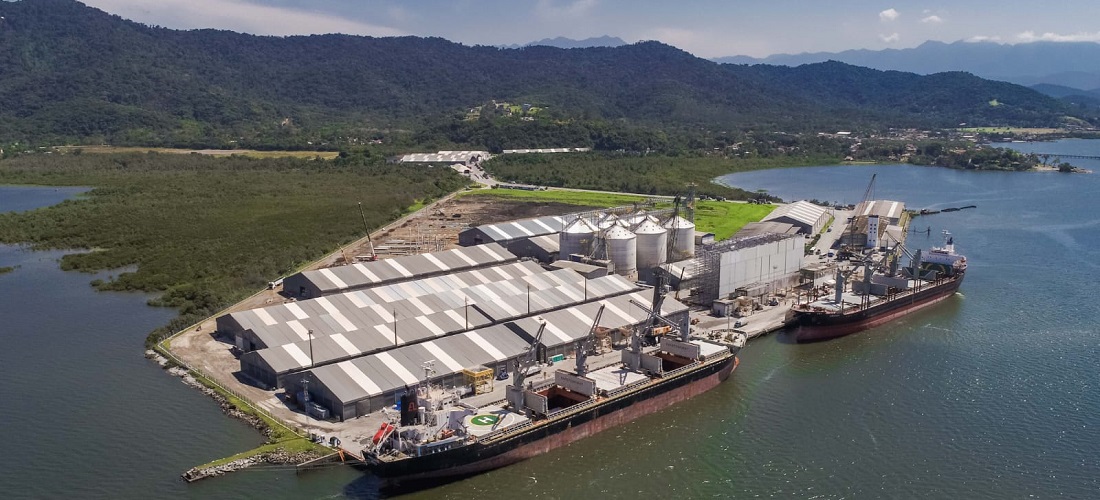
Ponta do Felix port to carry out wheat transport via cabotage
Feb, 13, 2023 Posted by Lillian SmoakWeek 202308
Porto Ponta do Félix, located in Antonina, on the coast of Paraná, concluded, on the 8th, an unprecedented operation: its first cabotage navigation for the shipment of wheat transport. The cereal – produced in Paraná and marketed by Coamo Agroindustrial Cooperativa – is destined for mills in Ceará. In total, 15 thousand tons of the product were shipped.
According to the president of Porto Ponta do Félix, Gilberto Birkhan, the operation makes room for an increase in the movement of grains and cereals through the terminal. “The cabotage navigation is still little explored in Brazil, and it is a way of moving the wealth produced by agribusiness by maritime transport. This is a great option when the distance between origin and destination exceeds 1500 kilometers”, explains Birkhan.
Cabotage navigation
Until last year, the modality was carried out only by ships flying the Brazilian flag. The Cabotage Law overturned this requirement and progressively released the use of foreign ships in the country. “The new rules should encourage navigation on the Brazilian coast, increasing the supply of vessels and reducing costs in the sector”, highlights Birkhan.
To carry out the operation, Porto Ponta do Félix has the permission, issued by the federal government, to operate goods in cabotage traffic.
This year, Porto Ponta do Félix expects to increase cargo handling by 65%. The terminal is multipurpose, capable of handling and storing different types of cargo, such as fertilizers, bagged sugar, salt, malt, wheat, wood pellets and food. “We invest more and more in customizing the service, to meet customer demand and thus also increase the diversity of the items handled”, says the president of Porto Ponta do Félix, Gilberto Birkhan.
New investments
Over the coming months, Porto Ponta do Félix will also have new warehouses, which will allow for an 85% increase in storage capacity, from 280 thousand tons to 520 thousand tons, gradually.
“The increase in static capacity opens up markets in new segments. We also have in the schedule of operations, for example, in addition to wheat cabotage, the import of soda ash, which is a sodium-based product used by the industry for food production”, emphasizes Birkhan.
At the beginning of the year, the Port also completed investments in new maritime fenders, equipment that provide more security during the berthing of ships. The fenders serve to cushion the impact resulting from the encounter between a ship and the mooring structure, reducing the risk of damage.
-
Steel and Aluminium
Feb, 28, 2024
0
Imported steel pits consumer industries against steelmakers
-
Ports and Terminals
Apr, 16, 2020
0
Pecém reports an 11% increase in first quarter cargo handling but is cautious about future growth
-
Sugar and Ethanol
Feb, 22, 2023
0
Lineup of sugar exports in Brazilian ports grow
-
Ports and Terminals
Dec, 27, 2021
0
Docas do Rio ends 2021 with a turnover exceeding R$1 billion


